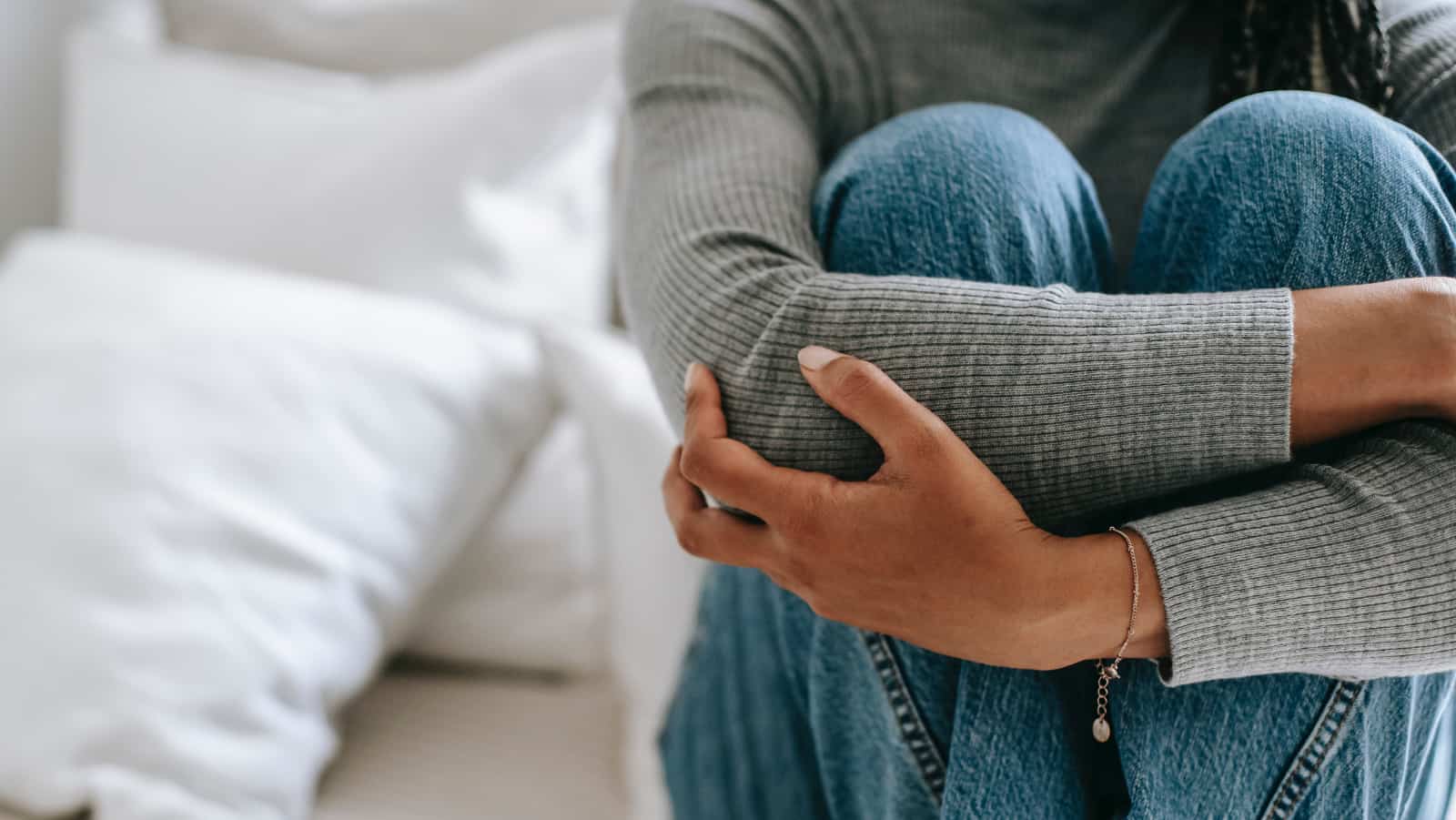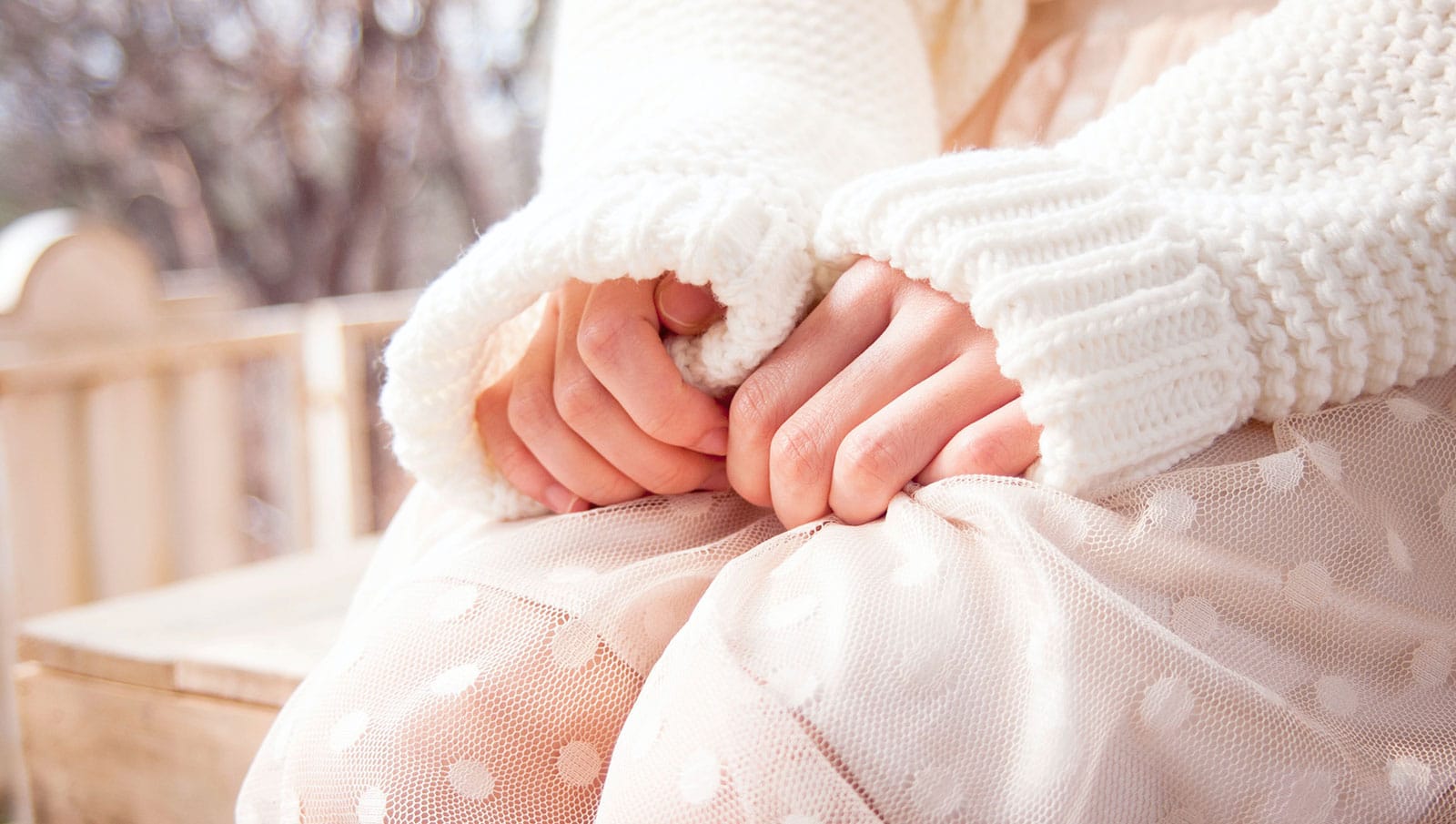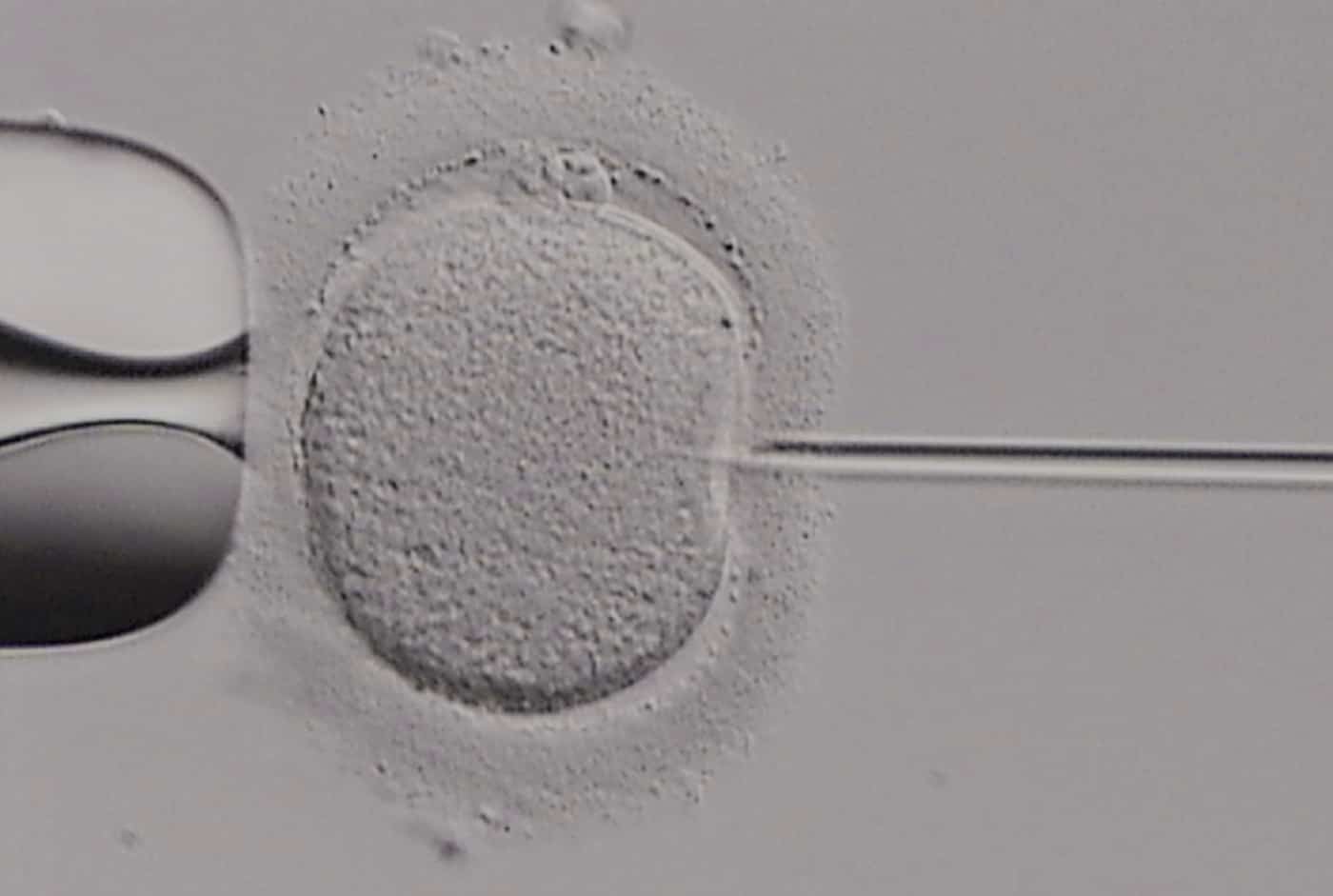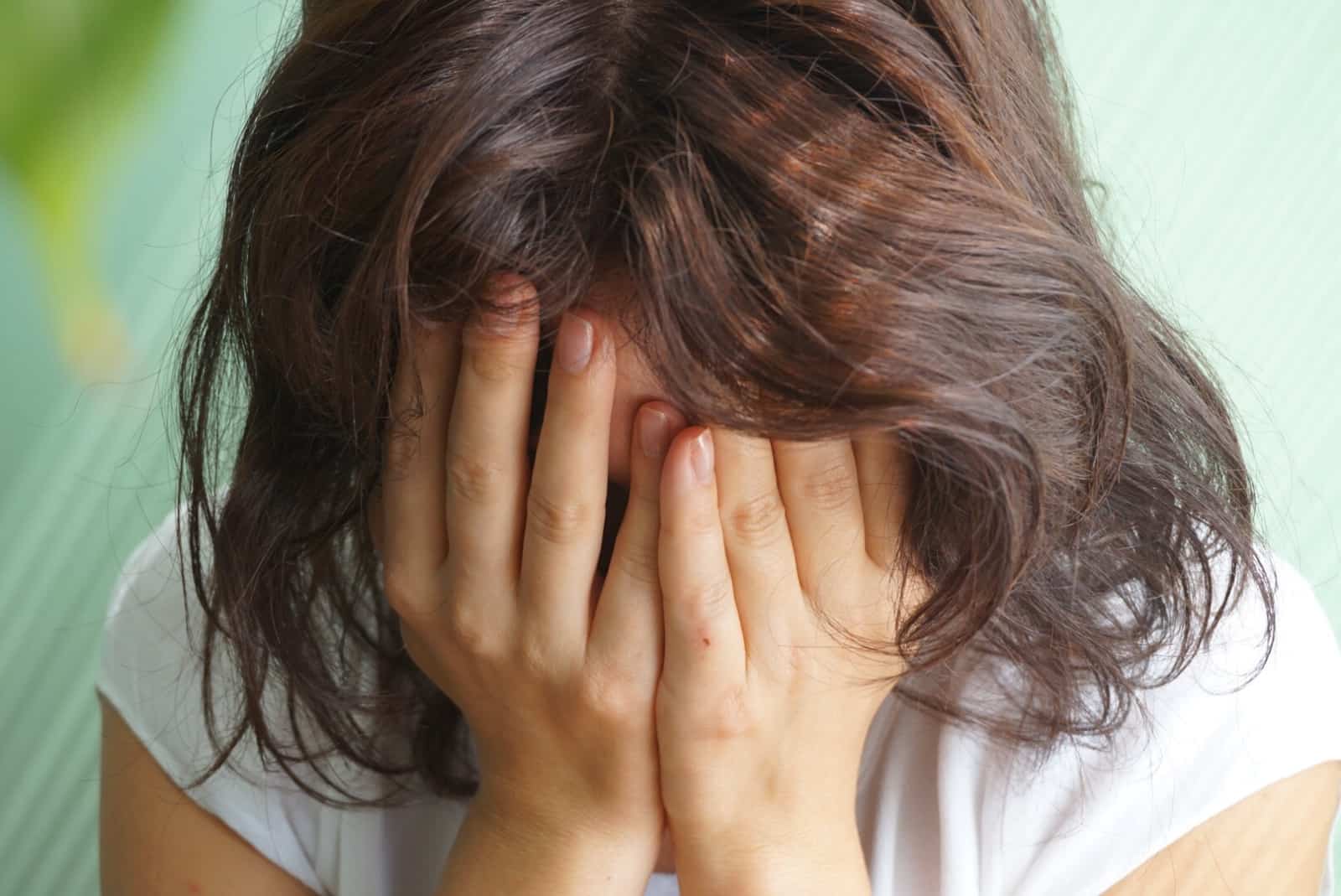
Four ways to spend time during Mother’s Day
Mother’s Day can be a joyous and beautiful occasion for some, but it can also be an extremely hard time for some

Mother’s Day can be a joyous and beautiful occasion for some, but it can also be an extremely hard time for some

“The rollercoaster of expectations and loss is not something you can prepare yourself for…”

Almost a third of fertility problems are related to male factor, and that’s where semen analysis and DNA fragmentation testing come in.

There are so many acronyms and scientific terms, it can be all too easy to feel lost. So what’s the difference between

It’s very common for patients with endometriosis to be misdiagnosed. So how can you recognise the symptoms?

“It’s not easy to hear that you may struggle to have children, especially when people around you fall pregnant so easily…”

Is physical activity safe after an embryo transfer? The good news is yes, and here’s why…

Poor sperm health has been linked to recurrent miscarriages, reduced fertilisation, and poor embryo development, so how can you ensure sperm health

“I began my fertility journey after starting to feel somewhat frustrated by the fact I was unable to fall pregnant naturally…”
Every story written here comes from Fertility First's Research Team, a group of scientists that doesn't just talk about the science behind fertility and reproduction, it lives and breathes it. Staffed by the doctors and scientists working behind the scenes at Fertility First, this team of dedicated embryologists, andrologists, and fertility experts collectively has over 40 years experience in the field.
Yes, chronic stress can impact fertility by disrupting hormonal balance and ovulation patterns. Managing stress through relaxation techniques, regular exercise, adequate sleep, and mindfulness practices may help optimise your chances of conception. Consider speaking with a counsellor if stress feels overwhelming.
Sperm health accounts for about 40% of conception challenges. Your partner can improve sperm health by maintaining a healthy weight, avoiding excessive heat exposure (hot tubs, saunas, tight clothing), limiting alcohol, quitting smoking, managing stress, and taking a multivitamin with antioxidants. Sperm takes about 3 months to develop, so lifestyle changes need time to show results.
Your fertile window typically spans 5-6 days, ending on ovulation day. For a regular 28-day cycle, this usually falls between days 10-15, with peak fertility 1-2 days before ovulation. Track your cycle using ovulation predictor kits, basal body temperature, or cervical mucus changes to identify your unique pattern. Having intercourse every 1-2 days during this window optimises your chances.